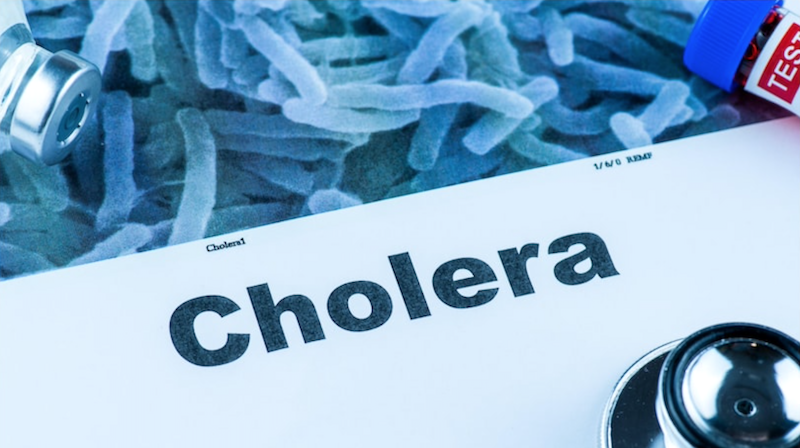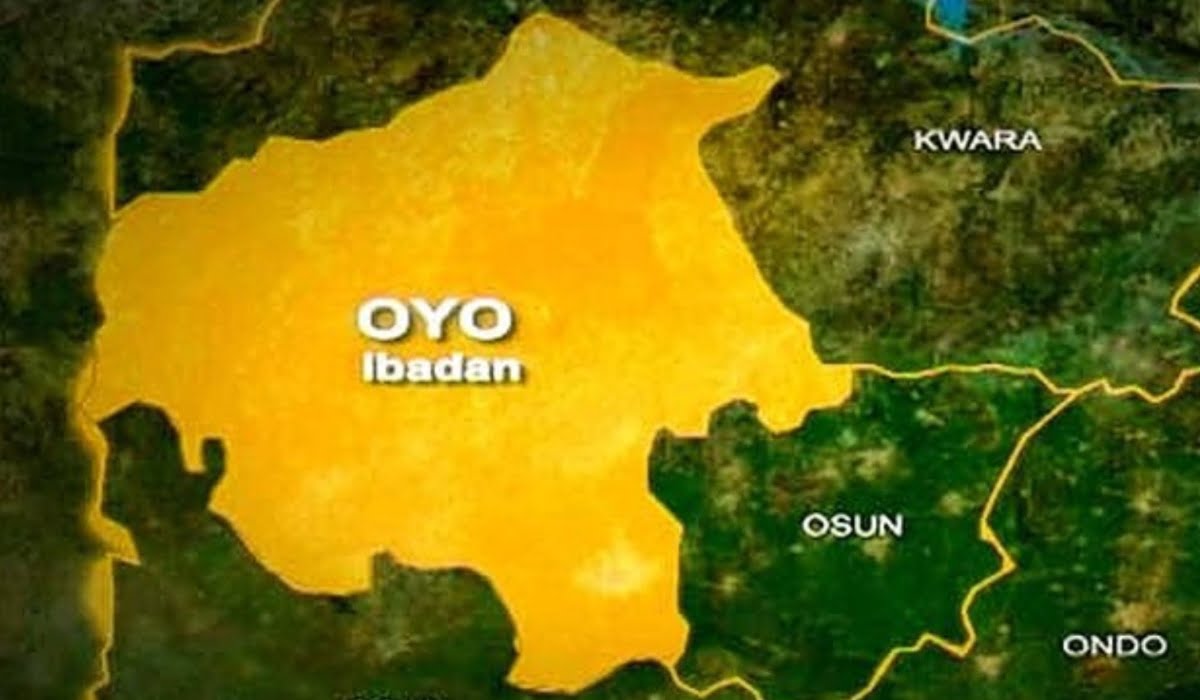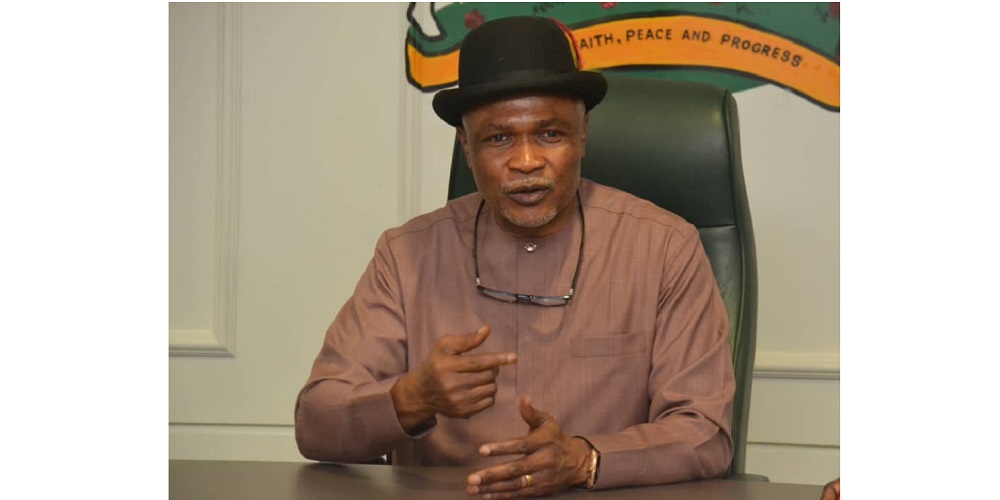The Nigeria Centre for Disease Control and Prevention (NCDC) has reported 1,598 suspected cases of cholera across 107 local government areas.
The cholera outbreak is characterised by a case fatality rate of 3.5 per cent, significantly higher than the national expected average of one per cent, underscoring severity of the situation.
The Director-General of NCDC, Dr Jide Idris, disclosed this on Monday in Abuja while providing an update on the cholera epidemiological situation in Nigeria and ongoing prevention and response efforts at the national and subnational levels.
Cholera is a severe diarrheal illness caused by the bacterium Vibrio cholerae.
The disease remains a significant health challenge, especially in regions with inadequate sanitation and clean water access.
Understanding the transmission mechanism of cholera is crucial in curbing its spread and implementing effective prevention measures.
Idris, therefore, said “government is deeply concerned about the rapid spread and higher-than-expected mortality rate, indicating a more lethal outbreak.”
He emphasised that the fatalities represented significant personal losses, including family members, spouses, parents and healthcare workers.
“This situation can be compounded as the rainy season intensifies,” he added.
He disclosed that Lagos State accounted for the highest number of deaths with 29, followed by Rivers with eight, Abia and Delta with four each, Katsina with three, Bayelsa with two and Kano, Nasarawa and Cross River with one each.
He added that “”this alarming trend highlights the urgent need for coordinated response to prevent further escalation of the crisis.
“Sixteen states accounted for 90 per cent of the confirmed cases, with Lagos being the epicentre of the outbreak.
“Lagos State, having the highest number of cases, has received significant focus, with ongoing support and resources directed to manage the outbreak effectively.”
He added that the outbreak also affected Bayelsa, Abia, Zamfara, Bauchi, Cross River, Ebonyi, Rivers, Katsina, Delta, Imo, Nasarawa, Ondo, Kano, Niger, Osun, Sokoto, and Kwara.
He expressed regret that the country is facing another public health emergency, just after dealing with Lassa Fever and Meningitis outbreaks.
He explained that experts had conducted a dynamic risk assessment last week on the cholera outbreak situation, “in response to the rapidly increasing cases.”
He expressed the agency’s deepest sympathy to those affected by the outbreak and reaffirmed commitment to safeguarding the health and wellbeing of Nigerians.
He disclosed that an Emergency Operations Centre (EOC) had been activated to coordinate national efforts to combat the disease.
He said the EOC would coordinate the national response, particularly across affected states, to interrupt disease transmission and reduce its impact and socioeconomic complications.
“The EOC’s key actions and goals are to serve as hub for coordination and response, ensuring a unified approach across the country.
“It will provide critical support to affected states and local governments, facilitating rapid communication and resource mobilisation, strengthen surveillance and improve data analysis capabilities.”
He added that the EOC would coordinate the mobilisation and distribution of medical supplies, logistics and other resources, among others, to stem spread.
The NCDC boss disclosed that an incident manager had been appointed to oversee the day-to-day operations of the EOC, coordinating efforts across several pillars, including surveillance, case management, use of oral cholera vaccines, infection prevention and control, logistics support and research.
Prior to the activation, he said, NCDC and the National Cholera Protection Agency had already undertaken several preventive measures, including distribution of medical supplies, provision of on-site support to states and daily reporting on progress made.
Other measures are the training of laboratory scientists and community mobilisers, he said.
He explained that the NCDC, through the National Cholera Technical Working Group, carried out prevention and response efforts, including prepositioning and distribution of medical supplies for case management, infection prevention and control, and laboratory diagnosis, in 36 states and the FCT.
He acknowledged efforts of stakeholders, including ministries, departments, agencies, state and local governments, local and international partners, healthcare workers, community leaders and individuals who worked hard in responding to the outbreak.
He also urged state governors to increase support and resources to manage the outbreak in their states.






